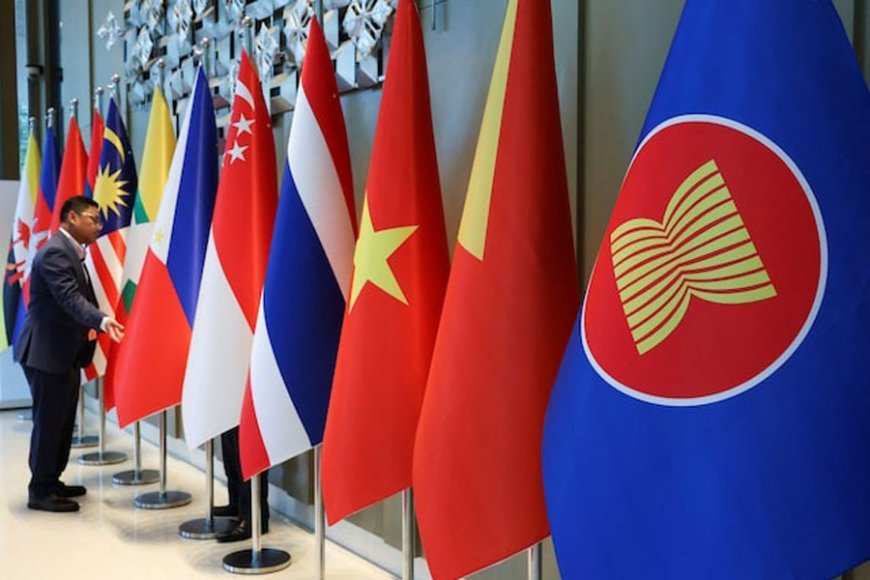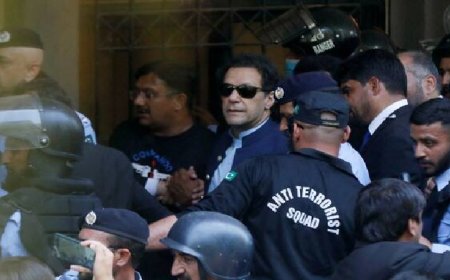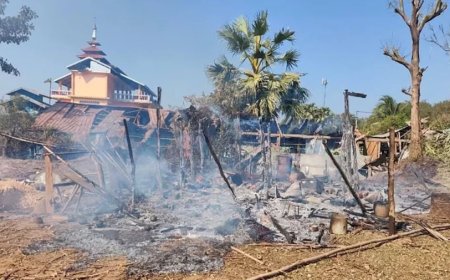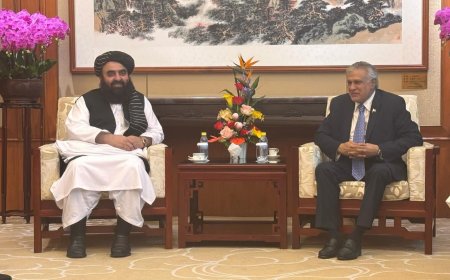ASEAN emphasizes that peace, not elections, should be the priority for Myanmar's junta
ASEAN emphasizes that peace, not elections, should be the priority for Myanmar's junta

Southeast Asian nations told Myanmar's military government on Sunday that its plan to hold an election amidst the escalating civil war should not be its primary focus. They urged the junta to prioritize dialogue and an immediate end to hostilities.
The Association of Southeast Asian Nations (ASEAN) called on the conflicting parties in Myanmar to cease fighting and requested the junta’s representative to ensure unrestricted humanitarian access, as Malaysia, which assumed the ASEAN chairmanship this year, made this statement.
“Malaysia seeks clarity on Myanmar's intentions,” said Malaysian Foreign Minister Mohamad Hasan at a press conference following a ministerial retreat on Langkawi Island. “We told them the election is not the priority; stopping the fighting is the immediate priority.”
Myanmar has been in turmoil since early 2021, when its military ousted the elected civilian government of Nobel laureate Aung San Suu Kyi. This led to pro-democracy protests, which evolved into a broader armed rebellion that has spread across much of the country.
Despite suffering on multiple fronts, with its economy in ruins and dozens of political parties banned, the junta plans to hold an election this year, which critics argue is merely a facade to keep the generals in power through proxies.
Malaysia also announced the appointment of former diplomat Othman Hashim as a special envoy on the Myanmar crisis, where the United Nations reports that humanitarian needs have reached "alarming levels," with nearly 20 million people—over a third of the population—requiring assistance.
Othman is tasked with encouraging all sides in Myanmar to implement ASEAN's five-point peace plan, which has seen little progress since it was proposed shortly after the coup. ASEAN has excluded Myanmar's ruling generals from its meetings due to their failure to comply with the peace plan. Myanmar is instead represented by a senior diplomat.
“We want Myanmar to honor the Five-Point Consensus, stop the fighting, and engage in dialogue—it's straightforward,” Mohamad said. “We also demand unhindered humanitarian aid to reach all those in need in Myanmar.”
In addition to the Myanmar crisis, Malaysia faces challenges related to China's assertiveness in the South China Sea, where ASEAN member the Philippines has had tense confrontations with China, a key source of the region's trade and investment.
Vietnam and Malaysia have raised concerns over Chinese vessels operating in their exclusive economic zones, which China claims are operating lawfully in its waters. China asserts sovereignty over much of the South China Sea, a crucial route for about $3 trillion in annual trade. Despite ongoing talks, progress on a code of conduct for the region has been slow.
Mohamad stated that while ASEAN welcomed the progress made so far, it stressed the need to maintain momentum and expedite the code of conduct negotiations. The Philippines’ foreign minister also pointed out that it is time to address critical “milestone issues” in the talks, including the scope, legal binding nature, and the impact on third-party states.
What's Your Reaction?





















































































